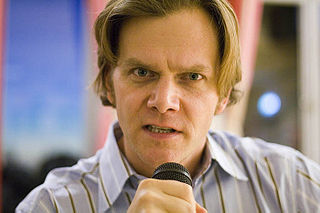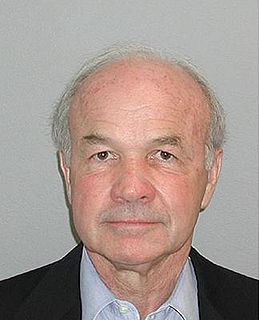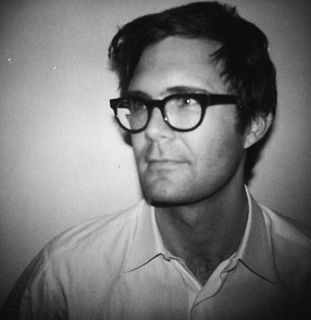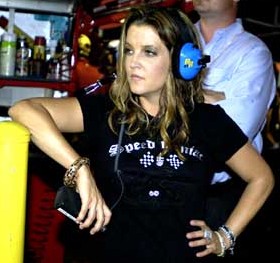A Quote by Guy Kawasaki
Writing is therapeutic. It helps you cope with issues that seem gargantuan at the time. The process of expressing yourself about a problem, editing your thoughts, and writing some more can help you control issues that you face.
Related Quotes
I have a hard time writing. Most writers have a hard time writing. I have a harder time than most because I'm lazier than most. [...] The other problem I have is fear of writing. The act of writing puts you in confrontation with yourself, which is why I think writers assiduously avoid writing. [...] Not writing is more of a psychological problem than a writing problem. All the time I'm not writing I feel like a criminal. [...] It's horrible to feel felonious every second of the day. Especially when it goes on for years. It's much more relaxing actually to work.
Writing something down and processing it, sitting with a text and a story, editing and rewriting new drafts - that entire process helps clarify something for myself. Depending on the person, the act of trying to tell your story helps you understand yourself better, helps you come to terms with something that happened.
Now the truth is, writing is a great way to deal with a lot of difficult emotional issues. It can be very therapeutic, but that's best done in your journal, or on your blog if you're an exhibitionist. Trying to put a bunch of *specific* stuff from your personal life into your story usually just isn't appropriate unless you're writing a memoir or a personal essay or something of the sort.
I liked to write from the time I was about 12 or 13. I loved to read. And since I only spoke to my brother, I would write down my thoughts. And I think I wrote some of the worst poetry west of the Rockies. But by the time I was in my 20s, I found myself writing little essays and more poetry - writing at writing.
If you have to find devices to coax yourself to stay focused on writing, perhaps you should not be writing what you're writing. And if this lack of motivation is a constant problem, perhaps writing is not your forte. I mean, what is the problem? If writing bores you, that is pretty fatal. If that is not the case, but you find that it is hard going and it just doesn't flow, well, what did you expect? It is work; art is work.
All three parts of filmmaking [writing, shooting, editing] contribute to rhytm. You want the script to be a tight as possible, you want the acting to be as efficient as possible on the set, and you have enough coverage to manipulate the rhythm in the editing room, and then in the editing room you want to find the quickest possible version, even if it's a leisurely paced film. I definitely in filmmaking more and more find writing and directing a means to harvest material for editing. It's all about editing.
Inform yourself about animal issues, and listen to different perspectives on how to help animals. Don't latch onto the first opinion that you hear about what is the most urgent issue, or the best way to help animals. Read everything you can on the issues, and be critical when presented with facts. Take an honest look at what your talents, strengths, and passions are, and determine how they can be used to the greatest effect. Once you've informed yourself, do your own thinking. The best way for you to make a difference might not be obvious, and might be something that no one has thought of yet.



































